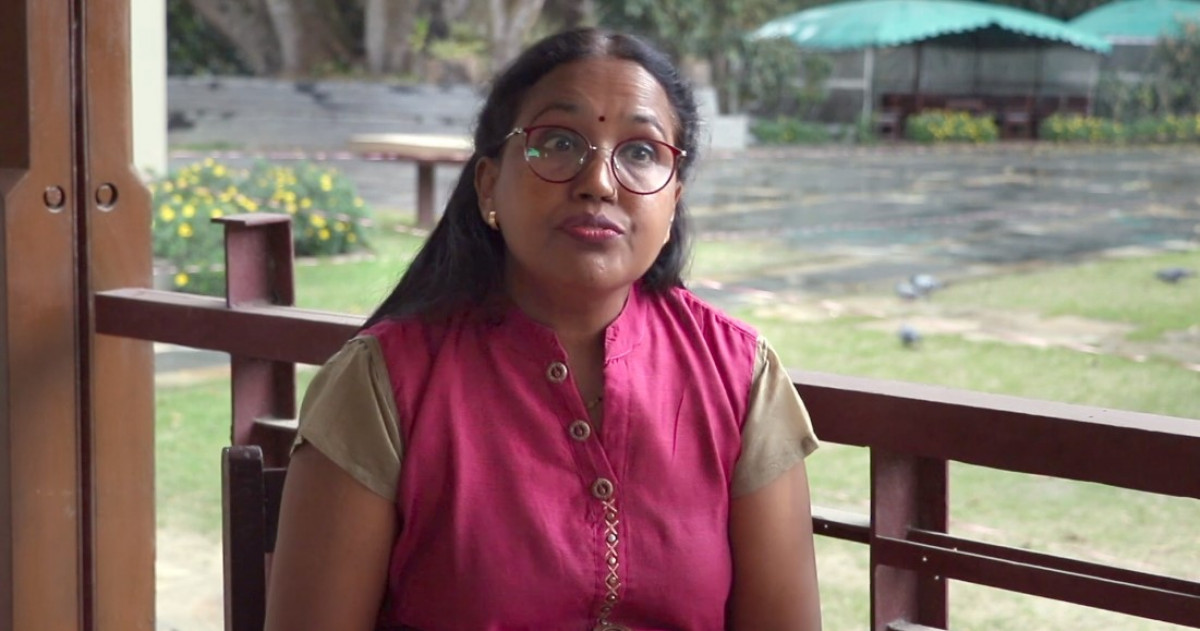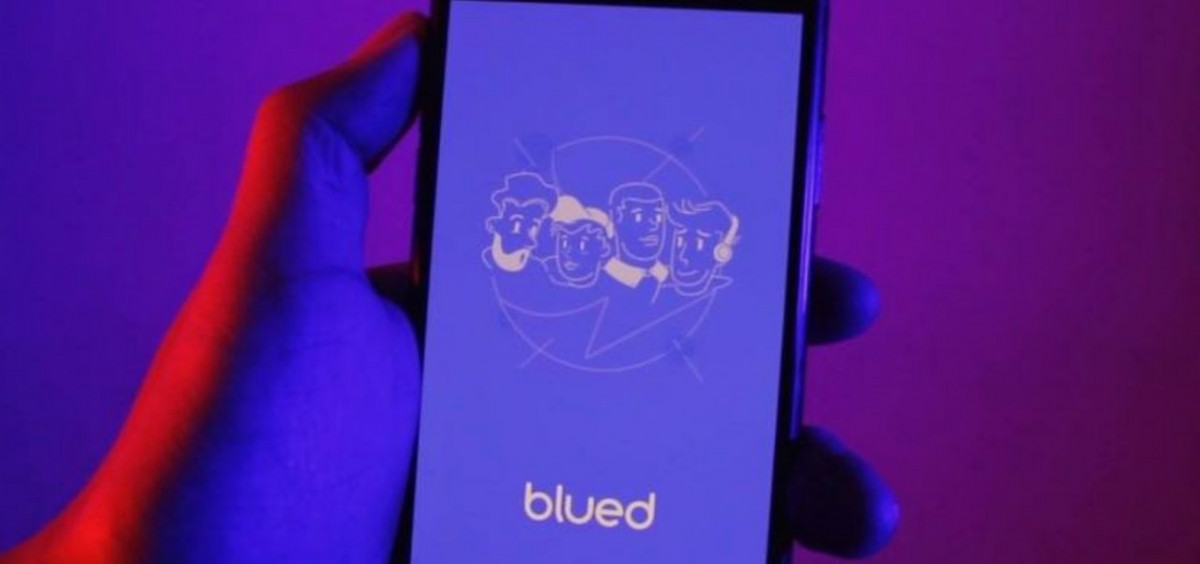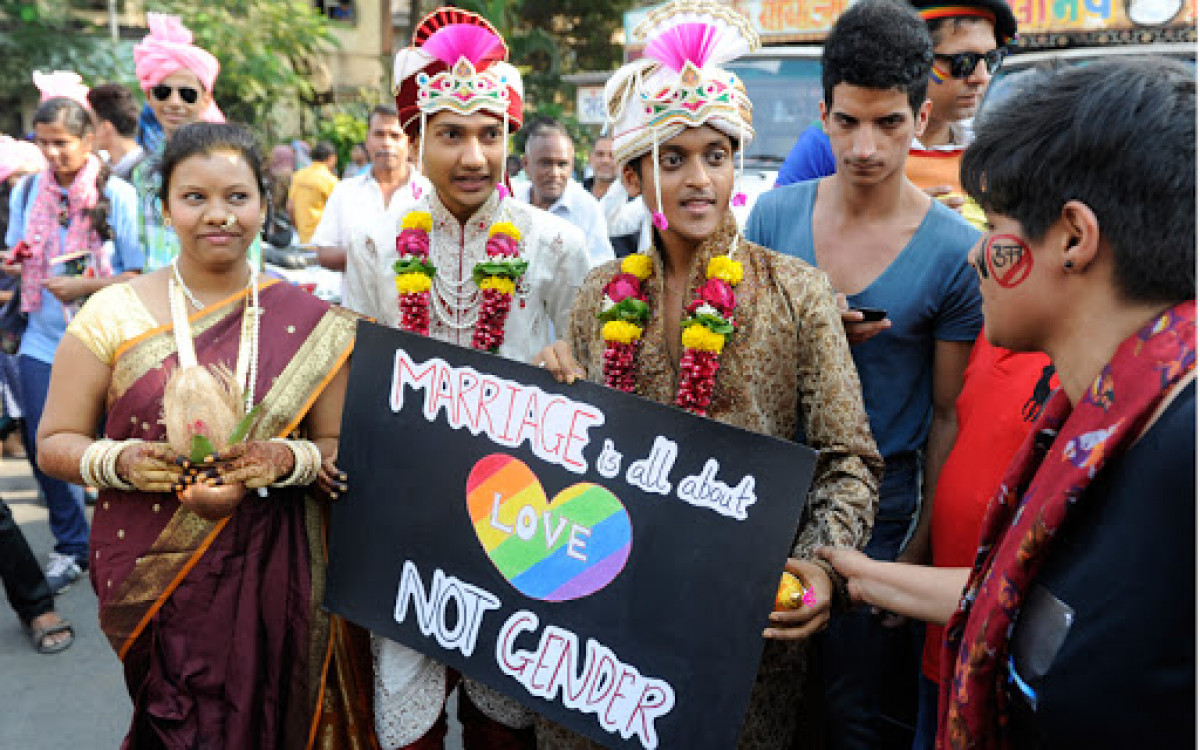India
I am first a mother, then the mother of a gay child. Children don’t come with tags.
July 2 is celebrated as Indian 'Coming out day'.

On July 2, 2009, a historic verdict was passed by the Delhi High Court (HC) which de-criminalised consensual sex between homosexual adults. It was a flagbearer decision for a revolution that followed with recognition of Transgenders, and the 2018 Supreme Court decision that overturned the British era law-section 377 by partially scrapping it. Several lesbian, gay, bisexual, transgender, queer, intersex and others (LGBTQI+) support groups chose this day to celebrate as ‘Indians coming out day’. Marking this day, here is a story of a mother and son which is inspiring several others.
In the winters of 2007, Mumbai-based Abhishek Desai, with the help of his group of friends, was preparing to come out to his mother with one reality about her son. After a series of made-up conversations and stories told by friends to his mom, he decided to open up to her. One evening, fearing a dire reaction from his mother, Abhishek hesitantly told her, “Maa, I am gay”. What came next was a complete surprise for him. His mother Aruna Desai, now 57-year-old, replied, “let’s go out for dinner and invite your friends as well.”
“He was 17 years old when he decided to reveal his sexual identity to me. I remember his friends would come home and find ways to start different conversations to understand whether I was aware of homosexuality or not. One of his friends narrated an imaginary story of a friend who is gay and his mother treated him badly. She would hit him and not give food to eat,” Aruna narrates.
“I asked him, what is gay? They realised I am not aware of the term, so my son explained that like a woman likes a man or man likes a woman, here a man likes man, shares similar feelings like the former ones. I reacted asking, why would his (the imaginary friend) mother treat him badly because of this? After all, he is her son,” she said.
A few days after this conversation, Abhishek revealed his identity to his mother. “He had asked me to be free that evening and insisted he would talk only after I returned from office. His father was away from the city. For almost two hours he kept on hesitating and said you know what I want to tell you. He was scared I would beat him. I could sense his friends were constantly checking on him, whether he is fine or not. And finally, he broke the news to me,” said Aruna recalling that day.
“I offered a dine out to him and smiled. I told him that my love for his was unconditional and nothing on this earth can be a reason to beat him. I could see the relief in his eyes and this one move gave him confidence. He gave a book -- ‘Now That You Know’ to me, to know more about gay people. We decided not to tell his father immediately, but after he finished his education. And after 5-6 years when he got a job, he told his father one day. His father too reacted calmly and extended his support to him,” said Aruna, who is a human resource manager professionally.
When asked how did she easily accept the fact, Aruna told the reporter, “I was raised by parents who always supported and stood by their children. While growing up I loved to play games that boys played at the time. I was a sportsperson, class monitor, good student. Never did my father ask me to behave a certain way-- I mean objected or opposed my decisions. He never told me to be more like a girl and not like a boy. I grew up to be a confident and independent woman. I always stood up against wrong deeds. And this time I had to stand by my son in his support.”
Parents' support strengthens a child
“My son had disclosed his identity to me before the 2009 Delhi HC verdict on homosexuality. Around that time, there were many cases of extortion and blackmailing of queer people. He was afraid anyone could take advantage and blackmail him to tell everything to his parents. Hence, he decided to say it himself. No one ever tried to bully him and neither did he feel weak or inferior. Because he knew I supported him and had his back,” said Aruna stating that neither she nor her son faced any kind of humiliation from people around.
‘My son was my teacher’
Aruna had started reading about homosexuality from books to the internet. In 2008, her son had dragged her to a Gay Bombay’s parent meeting, where she realised there were so many parents who were struggling to accept their children’s sexual and gender identity. Her son told Aruna, that she could help those parents and children, and motivate parents to accept their children. But Aruna felt that to have a conversation on such a forum and talk to other parents, she needed more knowledge about the queer community, and should be educated for their redressal. “My son was my best teacher. He would explain everything to me. Get me books. I tried to gather as much information on the internet as I could,” she said.

Establishing a parent support group
In 2016, Aruna went on to co-produce ‘Evening Shadows’ a film about mother and a gay son, with an intention to raise funds for her parent support group organisation. In 2017, she founded ‘Sweekar- the rainbow parents group’, which started with eight-nine parents who are now considered as founding members of the group. The organisation has 75 parents associated with it.
In these three years, Aruna has juggled between her work, home and counselling sessions in and outside India. With countless sessions, she has helped thousands of parents to understand and accept their children. “I get calls at 2 am or anytime in the wee hours from mostly gay people who are Indian but working or studying abroad and are finding it difficult to come out to their parents. I am always available on a call, anytime in the day. For me, helping them is more important. And above all, I get a deep satisfaction by looking at these smiling faces after their parents have accepted them whole-heartedly. I can’t define that feeling. I think that is my source of motivation,” says Aruna. She believes her skills, developed due to her profession, have helped her in patiently counselling parents.
Society and family members are primary concerns
In her enormous conversations with parents, Aruna realised that a common factor of concern is society and extended family members. “We are conditioned in a way that before thinking about ourselves or our children, we think about what will society say? Most of the reactions are based on it. Often these parents worry about societal norms and pressures, adding to it is the fear of reaction from their immediate and extended family members,” stated Aruna.
“The second concern is fear for their children -- that they will lead a lonely life,” she added.
‘Education doesn’t matter here’
From rural to urban areas, the reaction of most of the parents to LGBTQI+ is the same. “In this matter, education doesn’t matter. There are incidents of abuse, abandonment, misbehaviour from parents who are highly educated and live in progressive society as well. In fact, sometimes it is easier to mould the less educated parents, as they try to learn or understand things that they don’t know. But in the case of educated people, it is slightly difficult. But I also believe, it depends on person to person,” Aruna said.
When asked what would her advice be to the parents of LGBTQI+ community, Aruna said, “I have believed and told parents that their children might have struggled with their identity or sexual orientation and undergone internal turmoil. If they are coming out to you, it means they don’t want to hurt you. They only wish for your support and understanding.”
“I am first a mother. Then the mother of a gay child. Children don’t come with tags. Society puts these tags on them,” she added.


